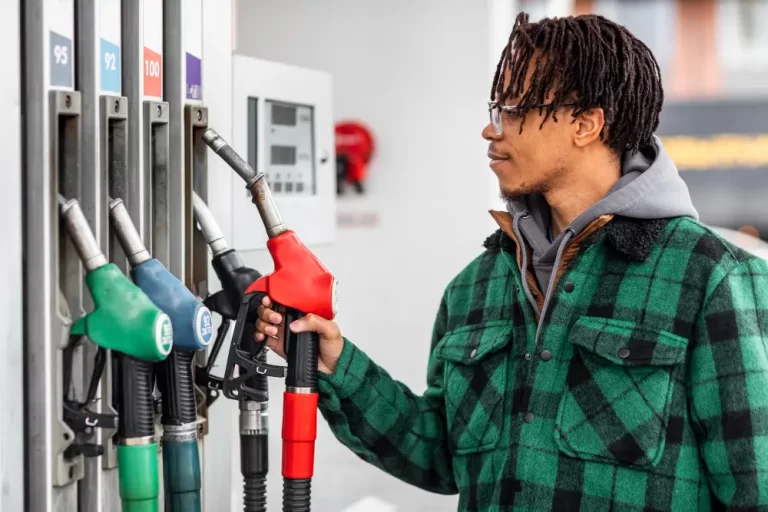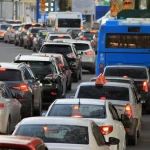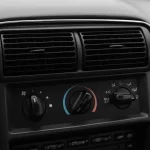If you’ve purchased a new car, you’re probably concerned about the gasoline you buy. The last thing you want to do is fill up your car with cheap gas and end up with a corroded or damaged engine. Here, we’ll explain why it’s okay to mix gas from different stations.
Is it Ok to Mix Gas from Different Gas Stations?
Contrary to what you may think, you don’t have to get gas at the same station all the time. There’s nothing wrong with using different gas stations from time to time.
Most major gas stations get their gas from the same major distributors. It’s not as if the gas station does anything to manipular or change the gas.
Now, it’s never a good idea to mix it up all the time. You should try to go to the same station as much as possible. Most people have certain gas stations they pass on the to or from work and that’s the one they use. You’re probably the same way.
Using Different Gas Stations Can Actually Help Your Engine Performance
One thing you’ve probably never heard is that using different gas stations can help your car. Every gasoline company uses its own combination of chemicals and additives. The more expensive additives they use, the better the gas is.
If you only use one type of gasoline, you’re liable to end up with deposits in your fuel lines. When you mix it up and use a different brand, you’re filling your car with different additives as well. This can help break up any build-up and prevent further deposits.
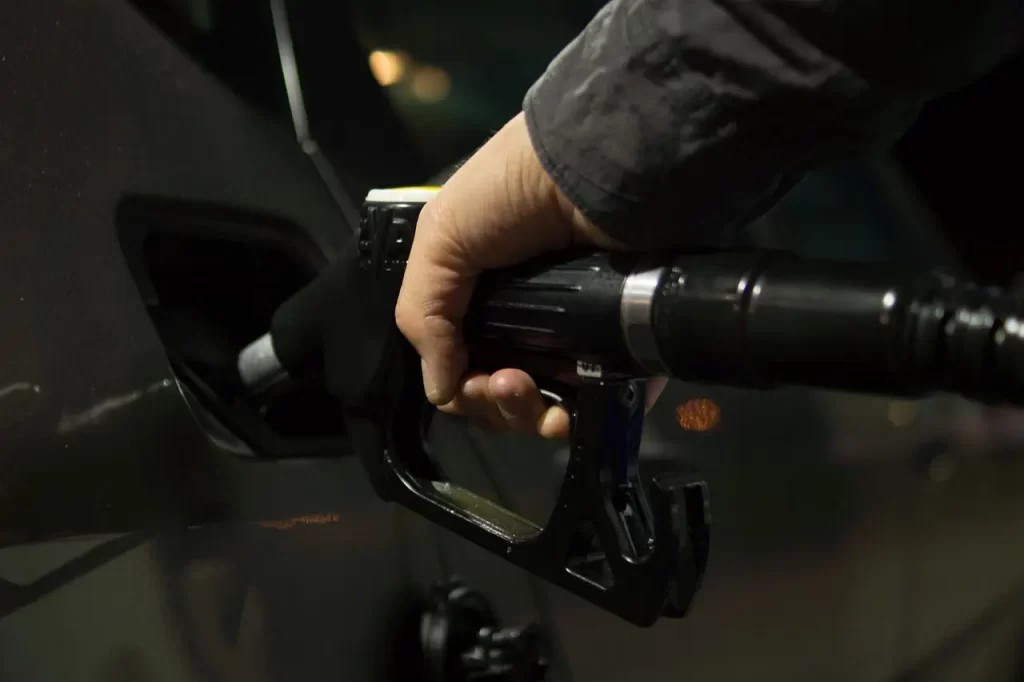
Most Gas Stations Sell Premium and Regular Gasoline
Regardless of which gas station you use, they’ll likely sell both regular and premium gasoline.
Most people think that premium gas is better for their cars. They end up paying thirty or forty cents more per gallon every time they fill their tank. The truth is that premium gas is not always better.
If you drive a small car, there’s no reason for you to shell out for premium gas. Not only is it unnecessary – but it can damage your vehicle. It doesn’t clean your fuel injection line or valves. It doesn’t increase your engine’s performance.
Unless your manufacturer said to use premium, gas, there’s no reason to spend the extra money. Now, if you drive an older car, it’s a good idea to use premium gas only because older cars need high-octane gas to keep running.
Choose a Gas Station Where You Gas Station Attendants
Some gas station attendants won’t Warn You About the Dangers of Premium Gas. You’d think a gas station attendance would advise you against paying more for their premium gas. That’s not going to happen.
Gas stations want to make as much money as possible. Since there’s nothing legally wrong with selling you expensive, premium gas, they’ll continue to do it.
You can always ask the attendant what the octane levels are for the gasoline they carry. They’ll likely tell you their premium gas is at least a 9, maybe a 10. Regular gas is usually a bit lower than that.
Just make sure you don’t accidentally put premium gas in your new vehicle. The same thing works the opposite way as well.
If you have a car that calls for premium gasoline, don’t use regular gas. If you aren’t sure, just check your car’s manual.
Check to See Which Brand of Gas a Station Carries Before You Pump
Did you know that gas stations are required to sell different types of gasoline in the summer months? Certain brands of gasoline have higher volatility levels that can hurt your car. The volatility level refers to how quickly the gas vaporizes on its way to your fuel pump.
In the winter months, the temperatures aren’t high, so you don’t have to worry so much about vaporization. But in the summer months when it reaches 90 degrees, you need to fill your car with low-volatility gas.
The good news is that it’s against the law for the gas station to sell gasoline with a volatility level higher than 9.0 in the summer. Some regions won’t allow gas with levels higher than 7 or 8 to be sold. This is to protect your vehicle.
Why is High Volatility Gas So Dangerous?
High volatility gasoline is bad for a few reasons. First, it’s a waste of your money. In the hot weather, half of your gasoline may not even make it to your fuel pump. This means you have to fill your tank almost twice as often in the summer.
The other problem is that high volatility levels can damage your vehicle. After enough time, your engine will end up with vapor locks. This can cause your car to stall. It can even destroy your engine or fuel pump.
Rather than let this sort of thing happen to you, make sure you check what kind of gasoline you put in your vehicle during the summer months.
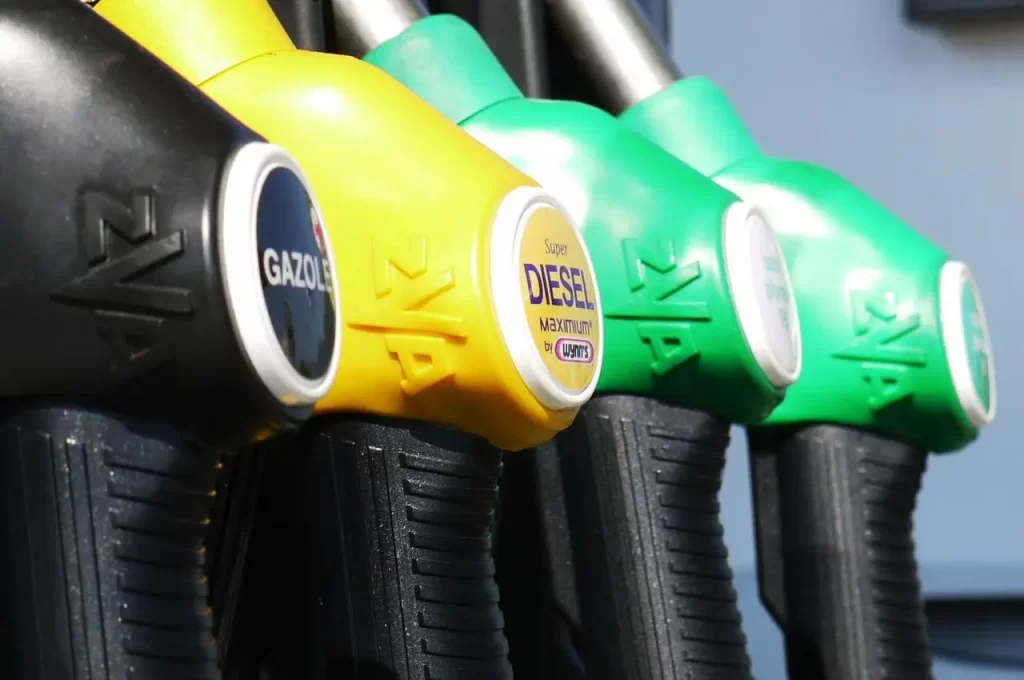
Are There Really That Many Types of Gasoline?
Believe it or not, according to ExxonMobil, there are more than 14 different types of gasoline on the market today. Some varieties are meant for high-performance vehicles and carry high octane levels.
Other brands of gas are meant for your garden variety of cars, trucks, and SUVs. They usually cost twenty or thirty cents less than their premium counterparts. For the most part, you can trust any brand of regular gas if it’s not the cheapest around.
Conclusion
The bottom line is that it doesn’t really matter which gas station you use. Just be wary of cheap gasoline. Cheap brands of gasoline use very cheap additives.
Not only do these additives do nothing for your car, but they can also damage your engine. Therefore. we recommend you stick to name brands. Some of the more popular gasoline companies are ExxonMobil, Sunoco, and Wawa.
The general rule when it comes to buying gas, at one station or at a few different stations, is to use common sense. If you do that, you should be in good shape.

